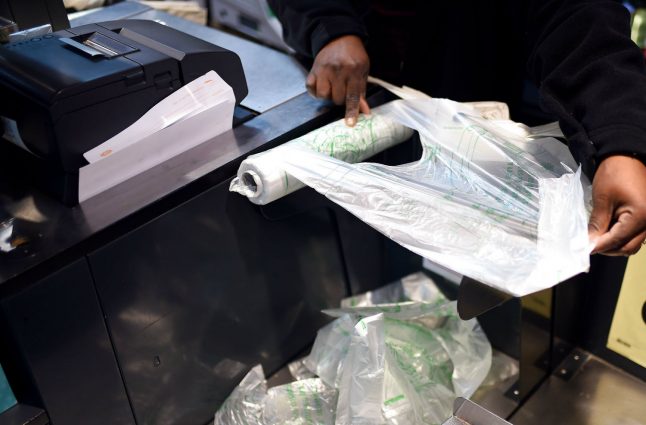Small, thin plastic bags with handles break easy due to their design and can therefore normally only be used once. They are commonly used by, for example, pizzerias and kebab shops to package takeaway food.
Giving away plastic bags for free will also be banned under the plan, which is to be presented on Wednesday, Politiken reports.
“These initiatives will reduce our use of single-use plastic bags and also get us thinking about how many bags we need when we go shopping,” Minister for the Environment and Food Jakob Ellemann-Jensen told the newspaper.
The Danish Chamber of Commerce, an interest organisation for Denmark’s service industry, said it supported the proposal.
“We support the idea that bags should not be free. When bags cost something, it becomes a product that customers attach value to, and that results in respect and incentive for re-use,” the organisation's environmental policy spokesperson Jakob Lamm Zeuthen told Politiken.
Plastic Change, a lobby group for reducing plastics use, said plastic bags should not be free.
“It’s very good that it will cost something to buy a carrier bag, because that will make more people say no. And it is absolutely a good thing to ban single-use bags with handles,” Plastic Change head of communication Lisbeth Engbo told Politiken.
Charges for re-usable plastic bags already apply in Danish supermarkets and the islands of Samsø and Møn have completely removed plastic bags from stores.
READ ALSO: Danish supermarket tries new tactic to cut plastic bags



 Please whitelist us to continue reading.
Please whitelist us to continue reading.